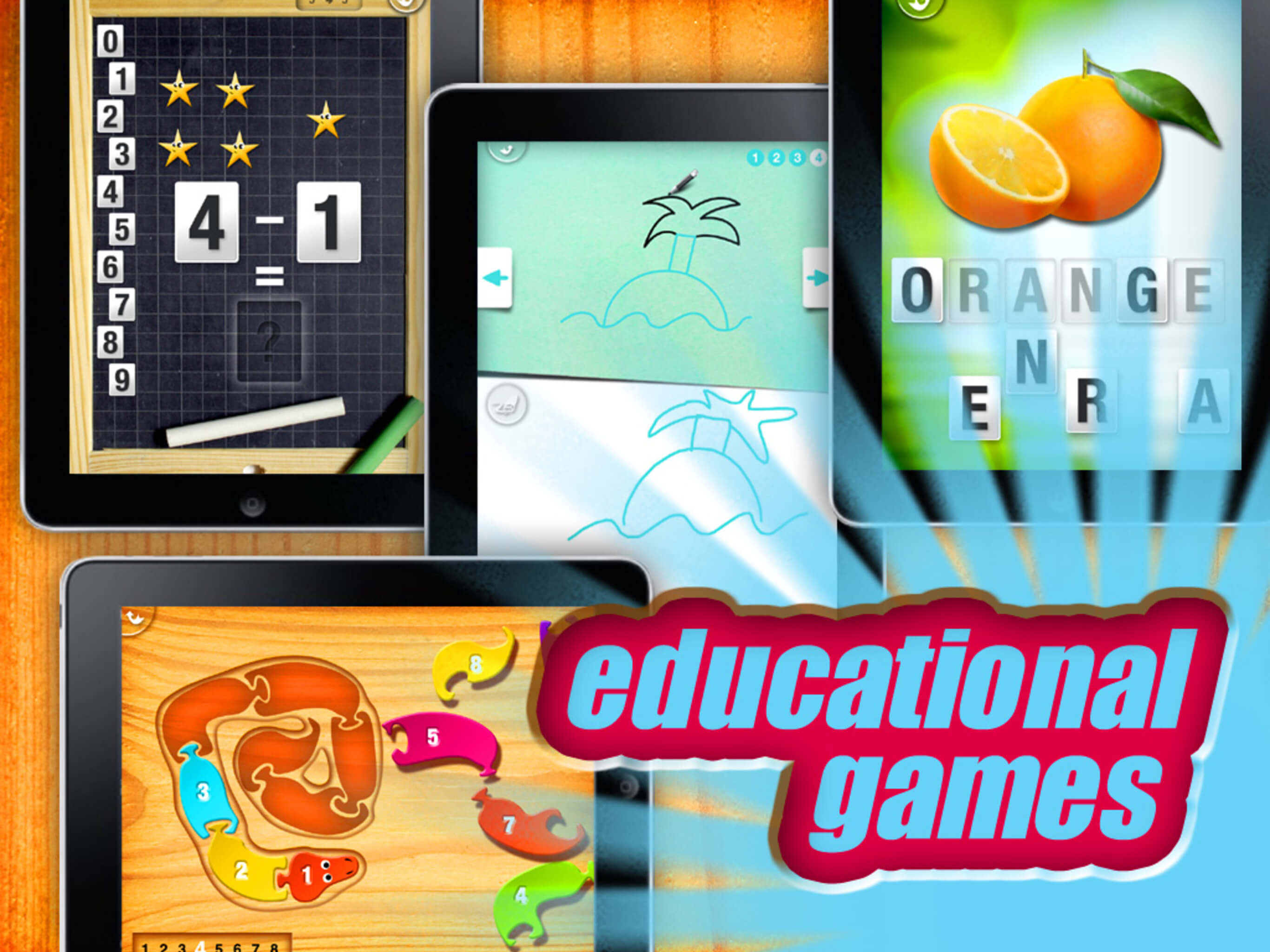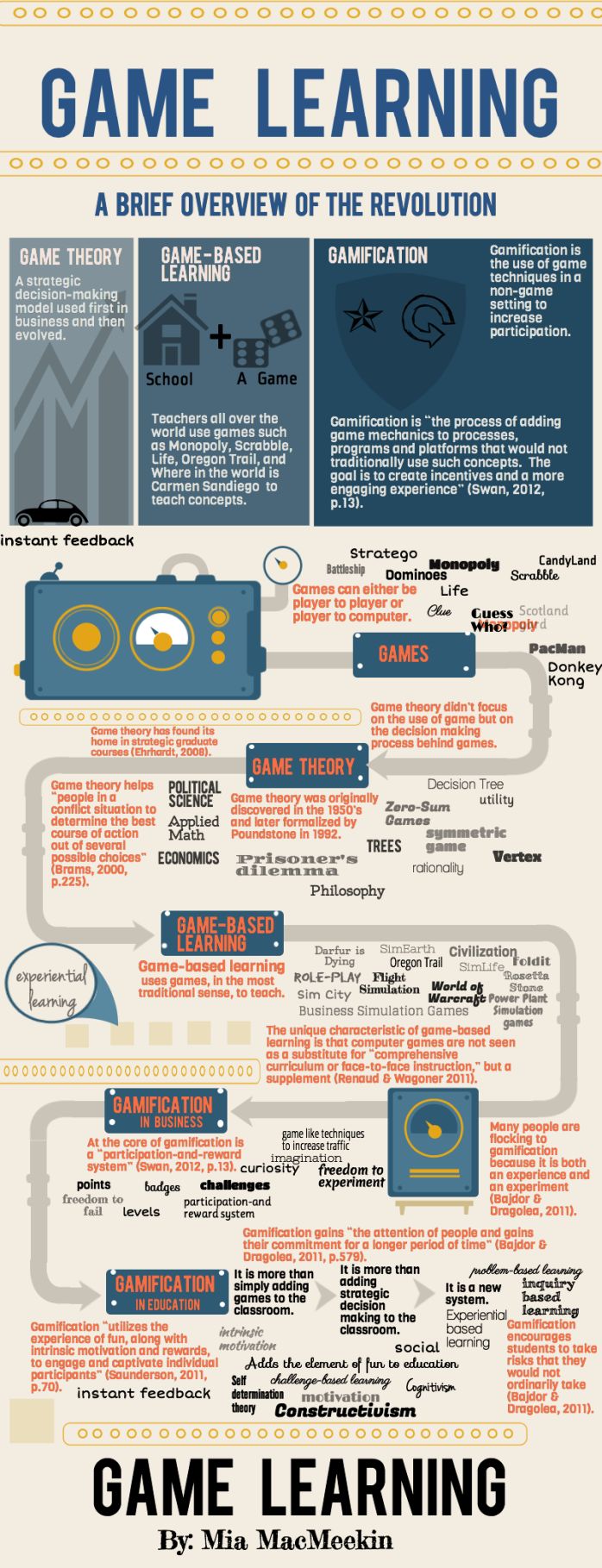The Evolving Landscape Of Online Games In Educational Settings: A Comprehensive Examination
The Evolving Landscape of Online Games in Educational Settings: A Comprehensive Examination
Related Articles: The Evolving Landscape of Online Games in Educational Settings: A Comprehensive Examination
Introduction
With enthusiasm, let’s navigate through the intriguing topic related to The Evolving Landscape of Online Games in Educational Settings: A Comprehensive Examination. Let’s weave interesting information and offer fresh perspectives to the readers.
Table of Content
The Evolving Landscape of Online Games in Educational Settings: A Comprehensive Examination

The advent of the internet and the subsequent proliferation of online games has irrevocably altered the landscape of entertainment and leisure. This digital revolution has also impacted the realm of education, introducing a new dynamic into the traditional classroom setting. One particularly noteworthy phenomenon is the emergence of "unblocked games" – online games accessible within school networks, often bypassing content filters designed to restrict access to certain websites. While the presence of these games within educational institutions may raise concerns about potential distractions and academic disruptions, a closer examination reveals a more nuanced picture, highlighting the potential benefits and challenges associated with their existence.
Historical Context and Evolution:
The concept of "unblocked games" emerged as a consequence of the increasing presence of computers and internet access in schools. Early iterations of these games were primarily simple, browser-based flash games, often centered around arcade-style gameplay or puzzle-solving. However, with advancements in technology and the rise of online gaming platforms, the variety and complexity of these games have expanded significantly. Modern "unblocked games" encompass a diverse range of genres, including action, strategy, puzzle, and simulation games, often mirroring the popular titles found in the wider gaming landscape.
Factors Contributing to Their Popularity:
The popularity of "unblocked games" within school settings can be attributed to several key factors:
- Accessibility: These games are readily available, often requiring minimal technical expertise or setup. Students can access them directly from their school computers or devices, bypassing the need for downloads or external software.
- Engagement: The interactive nature of these games provides a break from traditional classroom activities, offering students a stimulating and engaging alternative. This can be particularly beneficial for students who find traditional learning methods monotonous or challenging.
- Social Connection: Many "unblocked games" offer multiplayer options, allowing students to connect and collaborate with their peers. This fosters social interaction and teamwork, potentially promoting a sense of community within the classroom.
- Cognitive Benefits: Certain types of "unblocked games," particularly those involving strategy or problem-solving, can contribute to cognitive development. They can enhance critical thinking skills, spatial reasoning, and decision-making abilities.
- Stress Relief: Engaging in "unblocked games" can provide a temporary escape from academic pressures and stress, offering students a chance to relax and unwind during breaks or downtime.
Concerns and Challenges:
While "unblocked games" present potential benefits, their presence in schools also raises several concerns:
- Distraction: The highly engaging nature of these games can lead to distractions from academic tasks, potentially hindering students’ focus and productivity.
- Time Management: Excessive engagement in "unblocked games" can lead to poor time management, impacting students’ ability to complete assignments and meet deadlines.
- Content Inappropriateness: Some "unblocked games" may contain content deemed inappropriate for the school environment, such as violence, explicit language, or mature themes.
- Cyberbullying: Multiplayer games can create opportunities for cyberbullying, with students potentially using the game environment to harass or intimidate their peers.
- Educational Impact: Excessive engagement in "unblocked games" can potentially detract from students’ academic pursuits, impacting their overall learning and development.
Addressing Concerns and Promoting Responsible Use:
To mitigate the potential negative consequences of "unblocked games," schools can implement strategies to address the concerns outlined above:
- Content Filtering: Schools can utilize advanced content filtering systems to block access to inappropriate or harmful websites and games.
- Time Limits: Implementing time limits for accessing "unblocked games" can help ensure students maintain a healthy balance between gaming and academic responsibilities.
- Educational Integration: Incorporating "unblocked games" into the curriculum as educational tools can leverage their engaging nature to enhance learning.
- Digital Citizenship Education: Providing students with comprehensive digital citizenship education can equip them with the knowledge and skills to navigate the online world responsibly.
- Open Communication: Fostering open communication between teachers, students, and parents regarding the use of "unblocked games" can create a shared understanding and promote responsible online behavior.
Frequently Asked Questions (FAQs):
Q1. Are "unblocked games" always appropriate for school use?
A1. No, "unblocked games" can vary significantly in content and appropriateness. Schools should implement robust filtering systems to block access to games containing inappropriate content.
Q2. Can "unblocked games" have educational benefits?
A2. Yes, certain "unblocked games" can offer educational benefits, particularly those involving problem-solving, strategy, or critical thinking.
Q3. How can schools promote responsible use of "unblocked games"?
A3. Schools can implement strategies such as content filtering, time limits, educational integration, digital citizenship education, and open communication to promote responsible use.
Q4. What are some examples of "unblocked games" that can be used for educational purposes?
A4. Examples include puzzle games, strategy games, coding games, and simulation games that can enhance problem-solving, critical thinking, and logical reasoning skills.
Q5. Are there any legal implications associated with "unblocked games"?
A5. Schools need to be aware of copyright laws and ensure they have the necessary permissions to use "unblocked games" in their educational environment.
Tips for Responsible Use of "Unblocked Games":
- Set Clear Expectations: Establish clear guidelines and expectations for the use of "unblocked games" within the school environment.
- Monitor Usage: Implement monitoring systems to track student activity and ensure appropriate use of "unblocked games."
- Provide Alternatives: Offer alternative activities and resources to provide students with a variety of engaging and enriching experiences.
- Educate Students: Conduct workshops and presentations on digital citizenship, online safety, and responsible gaming practices.
- Encourage Open Dialogue: Foster open communication between teachers, students, and parents to address any concerns or issues related to "unblocked games."
Conclusion:
The presence of "unblocked games" in schools presents a complex and multifaceted issue. While they offer potential benefits in terms of engagement, social interaction, and cognitive development, their use also raises concerns about distractions, time management, and content appropriateness. By implementing effective strategies to mitigate these concerns, schools can create a balanced environment that allows students to enjoy the benefits of online games while ensuring their academic progress and well-being. Ultimately, the key lies in promoting responsible use of these digital resources, fostering a culture of digital citizenship, and integrating them into the educational landscape in a meaningful and beneficial way.








Closure
Thus, we hope this article has provided valuable insights into The Evolving Landscape of Online Games in Educational Settings: A Comprehensive Examination. We appreciate your attention to our article. See you in our next article!
Leave a Reply